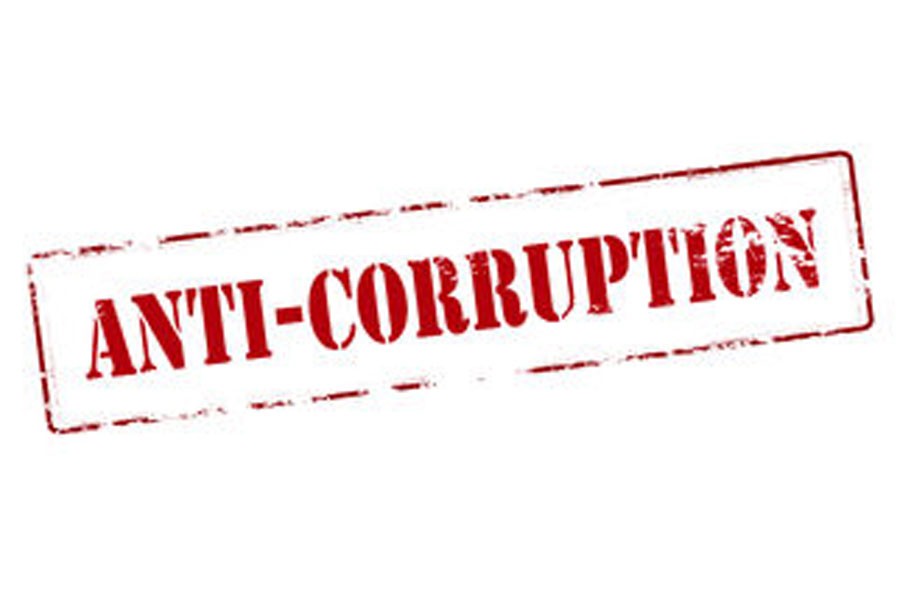From Ukraine to South Africa, anti-corruption platform plagues democracies raising the point that the 'ism' allows for it more than otherwise. So fed up are people that they're willing to put their trust in a comedian with no experience of politics in Ukraine. The Italians elected a far-right government because they had had enough of corruption and European Union (EU) interference in their way of life and the famous Brexit kerfuddle is all about a tiredness of churning out billions in EU funding while popular institutions such as the National Health Service (NHS) suffered crippling cuts.
In India, there's debate over the Rafale jet fighter scandal and Venezuela is facing both corruption and dictatorial debate. The end product is increasingly that democracy is fast losing out to greedy politicians that promised clean sheets but as Brazil showed Presidents can be jailed for active roles in corruption.
Malaysia's former Prime Minister denies till now any involvement in a One-billion Ringit corruption scam but his case is weakened substantially now that the United States has agreed to repatriate $ 200 million from sale of assets owned by him to the Malaysian Government. It's a drop in the ocean but at least goes to show that siphoned off money can be recovered. Bangladesh succeeded in repatriating moneys siphoned off by the late Arafat Rahman Koko though till date his brother's assets have strangely not been recoverable. Which goes to beggar the question why the Tk 939.11 billion of bank loans can't be recovered if the sources are known. Bangladesh Embassies should with their authority be able to identify sources such as the former Chief Justice's source of assets in the United States and from what popular knowledge goes the same applies to a host of businessmen. The Panama papers identified sixteen businessmen with accounts and yet apparently legal complexities prevent such moneys from being repatriated. The similar applies to Swiss banks who acquiesced to the Indian government's requests for repatriation of funds for which no legal basis was found. Yet with Bangladeshis having similar accounts being allowed to go scot-free is an abomination.
The Finance Minister made his immediate foray by threatening action against banks through audit firms but just as quickly backtracked by asking banks to reduce interest in loans, agreeing to reschedule the same loans and finally saying putting businessmen in jail wasn't the answer. Yes Mr. Minister, provided the same applies to farmers' loans, tax-paying individuals and small loanees. That the massive defaulters are going around in their fancy cars and flying business class is showing thumbs at everything that is proper in legalese relating to banking discipline. That no further steps are being suggested to prevent further bad loans leaves the question of whether such default is actually being encouraged for reasons unknown. Analysts and economists are dead against rescheduling unless a major portion of the loan is repaid. A mere 20 per cent doesn't do justice to the process.
The Minister's statement that there will be no new taxes in the next five years will come as a relief to the honest taxpayers for it is they that bear the brunt of new taxes. Expansion of the tax net is the answer that has done the rounds for a number of years; implementation has been the bane. This and a clearly defined and transparent return of default loans will bring much needed discipline to the sector as will punitive action against bankers and boards responsible. Another simple answer could well be how is it that the top awardee taxpayer list doesn't contain the names of the businessmen and wealthy people that are always in the headlines for policy decisions requested by the government. It goes for natural justice that it should be the top taxpayers whose views should be considered by the government. That itself could redress the pervasive culture of evasion.


